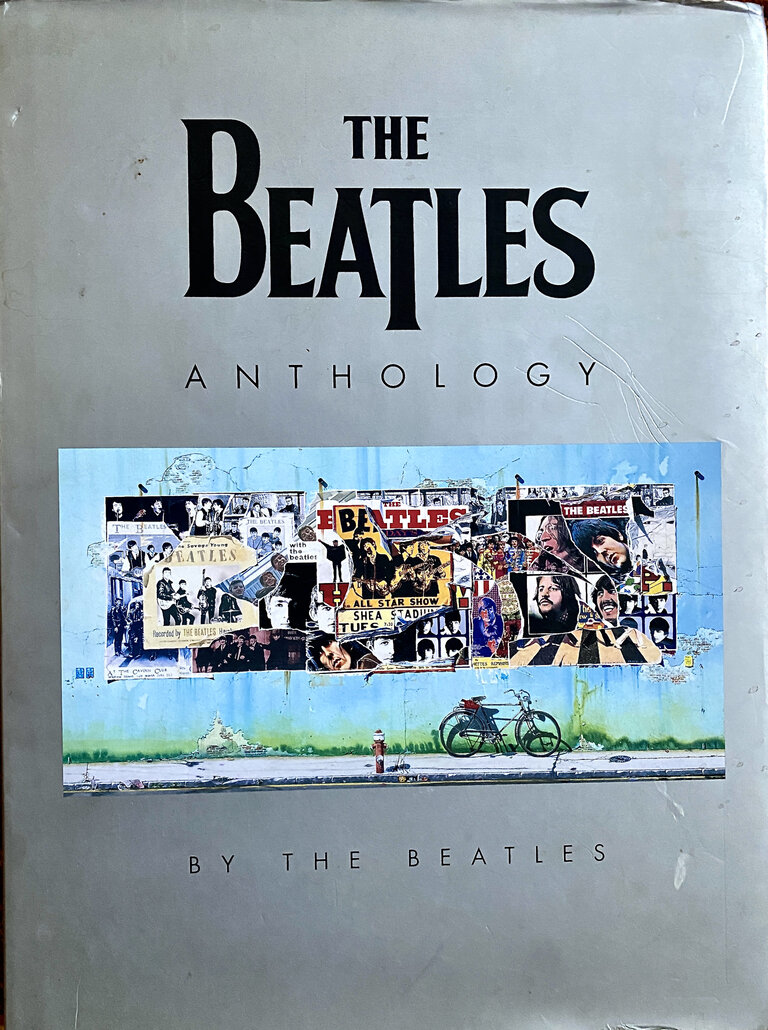
I’ve watched the Beatles documentary “Get Back” twice since they released it in November 2021. The first time was as an awe-struck fan. The Beatles were long disbanded by the time I was born, so to see them as young men, collaborating on iconic songs was amazing. Watching Paul McCartney come up with the riff for Get Back in two minutes blew my mind. On the second watching, I could pick up on some elements that made their process worth studying.
Random observations:
- They are all incredible musicians, jumping between instruments, picking up riffs and chords on the fly. I don’t think Paul plays a wrong note in six hours.
- The technology used to make the film was almost invisible; it was only noticeable when they overlaid conversation over scenes where the talking didn’t match.
- George Martin, so important on the earlier records, seems useless.
- Outsiders influenced George Harrison (Clapton, The Band, etc.) while John Lennon and McCartney were more self-contained and unconcerned about other bands. They pull from rock and roll songs from their youth.
- The editing was fantastic until the concert; Peter Jackson, the director, stuck with how the original film showed the concert, interspersed with crowd reactions. Just show the Beatles playing, please. Leave the crowd’s reaction for the closing credits.
One of the jarring items from the documentary was how many obstacles the group had to overcome. The original space had terrible acoustics. When they moved to Apple studios, the space wasn’t ready. The technology (4-tracks, etc.) was dated and not ready for them when they arrived. They had a tight deadline, because of a movie Ringo Starr was scheduled to shoot and another engagement Glyn Johns the producer had (a study in priorities and perspective… Ringo’s movie was lost to time and who is this other band Glyn needs to get to over the Beatles). And the entire goal of the session and the original documentary were hazy. The big takeaway here, though, is these issues didn’t hinder the process. If they had a pristine, perfect space, the best technology and months and months of open time… do these songs come out the same way? Not a chance. It’s the guardrails that drive so much creativity. I remember when I was a teenager listening to Howard Stern. He had Siskel and Ebert on the show and they begged him to make a documentary of the show. During their discussion, Howard complained he couldn’t do the show he wanted, and both Siskel and Ebert told him it was the blockers, the restrictions imposed by the FCC and the local radio stations that made the process amazing. The same holds true here.
Another obstacle was the lack of leadership. Their old manager, Mr. Brian Epstein, had passed away, and they didn’t have a replacement. Paul steps up and fills this void; he’s the one pushing the work agenda and the most aggressive with ideas for songs. But no one elected him or agreed he was their leader. He just stepped up. Most Beatles histories cite John as the leader and inspiration of the earlier albums, with Paul taking on this role in the later work. This really caught my attention; as someone who works in a traditional workplace with a defined hierarchy, it’s interesting to watch “work” happen without a defined leader. Yes, this causes friction, especially with George leaving the band for a few days, but they still get their work done.
